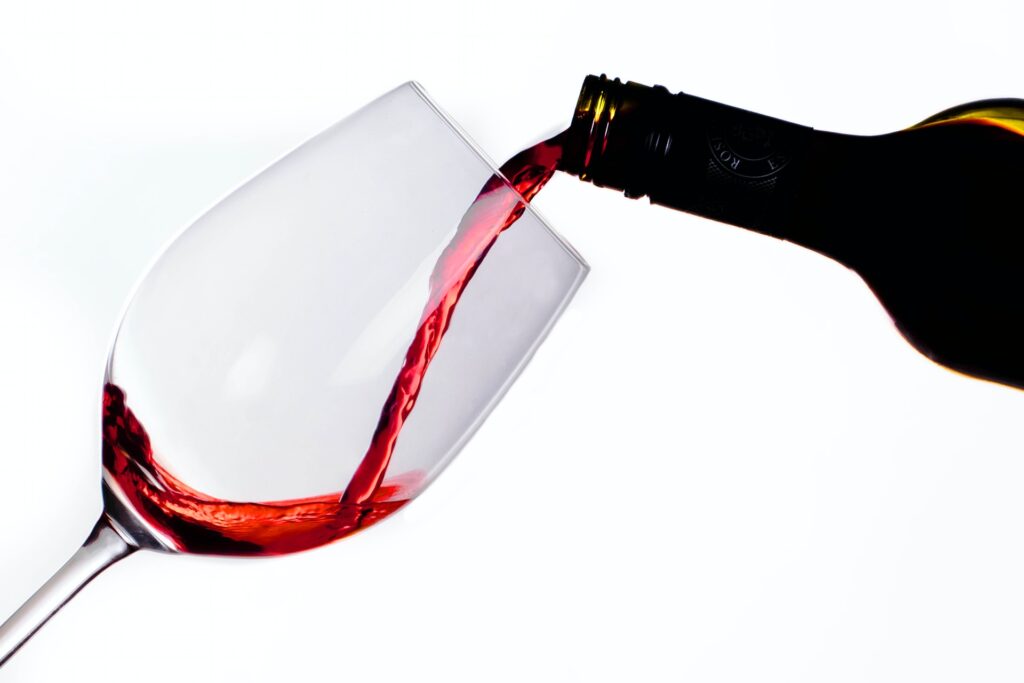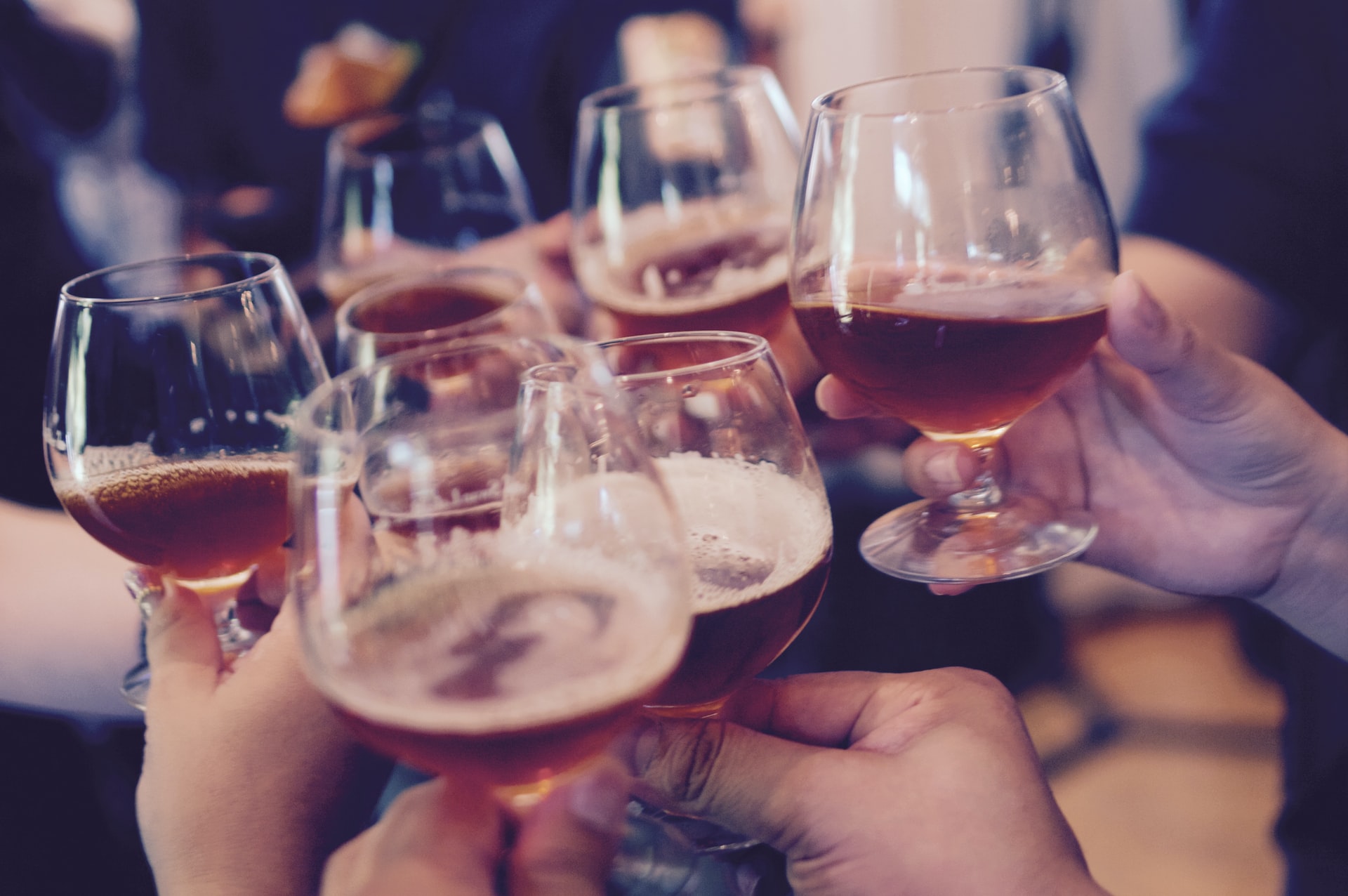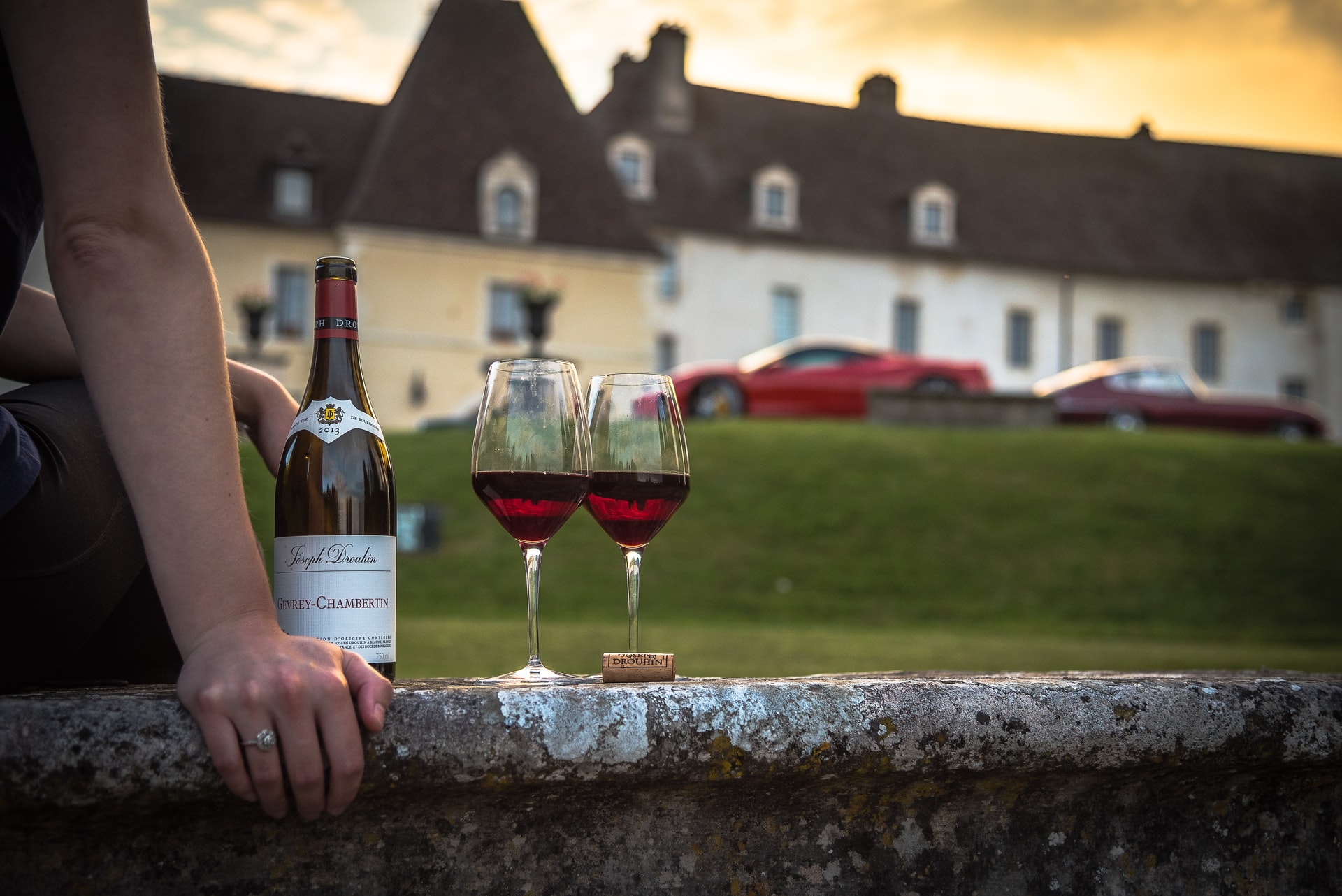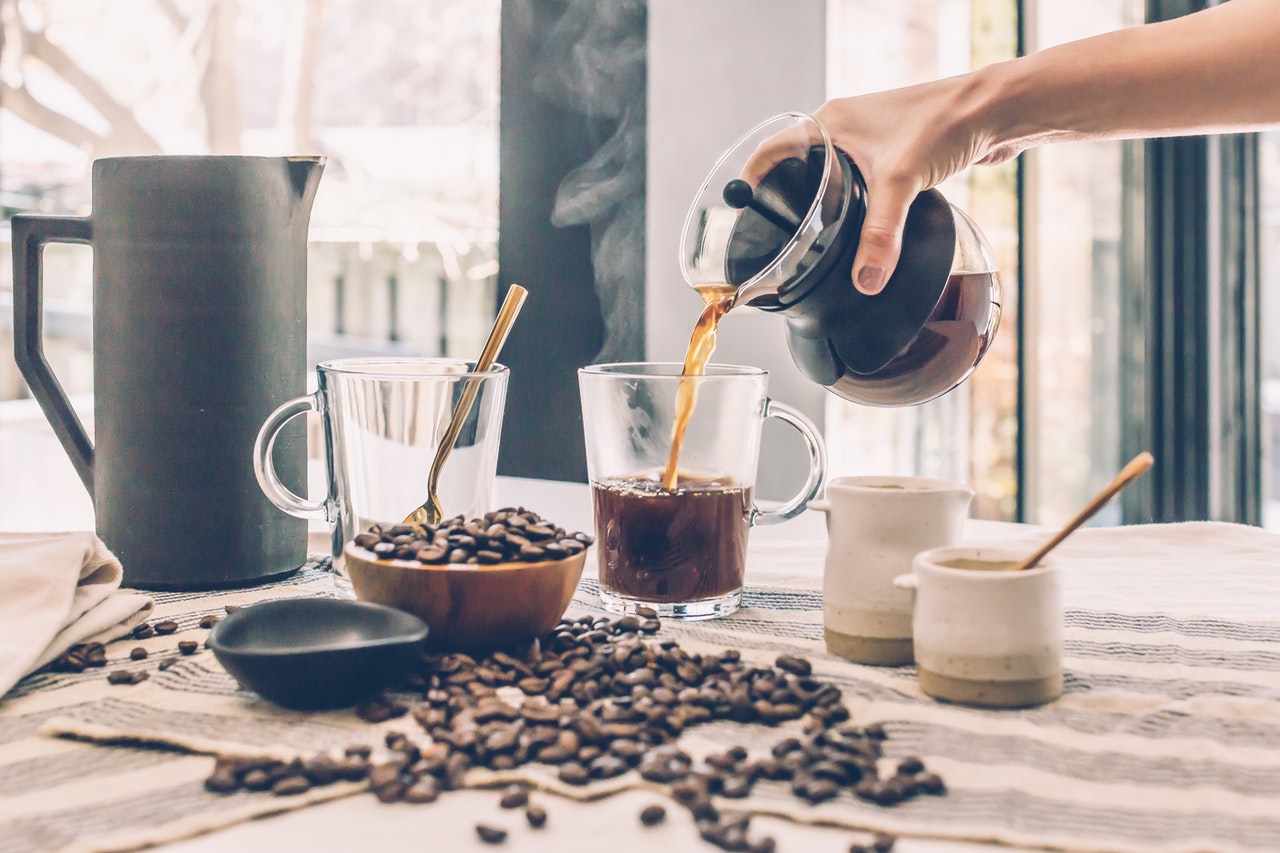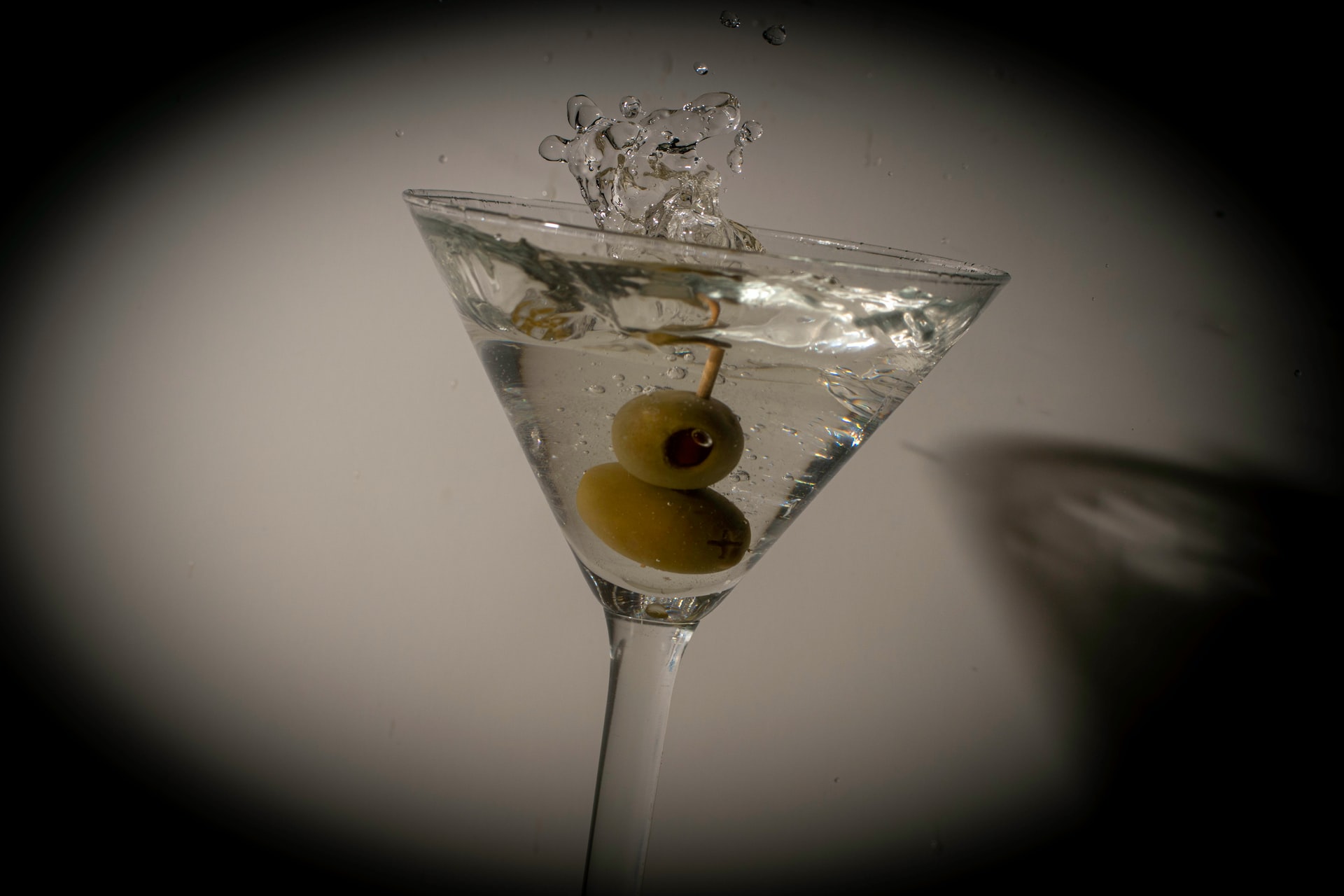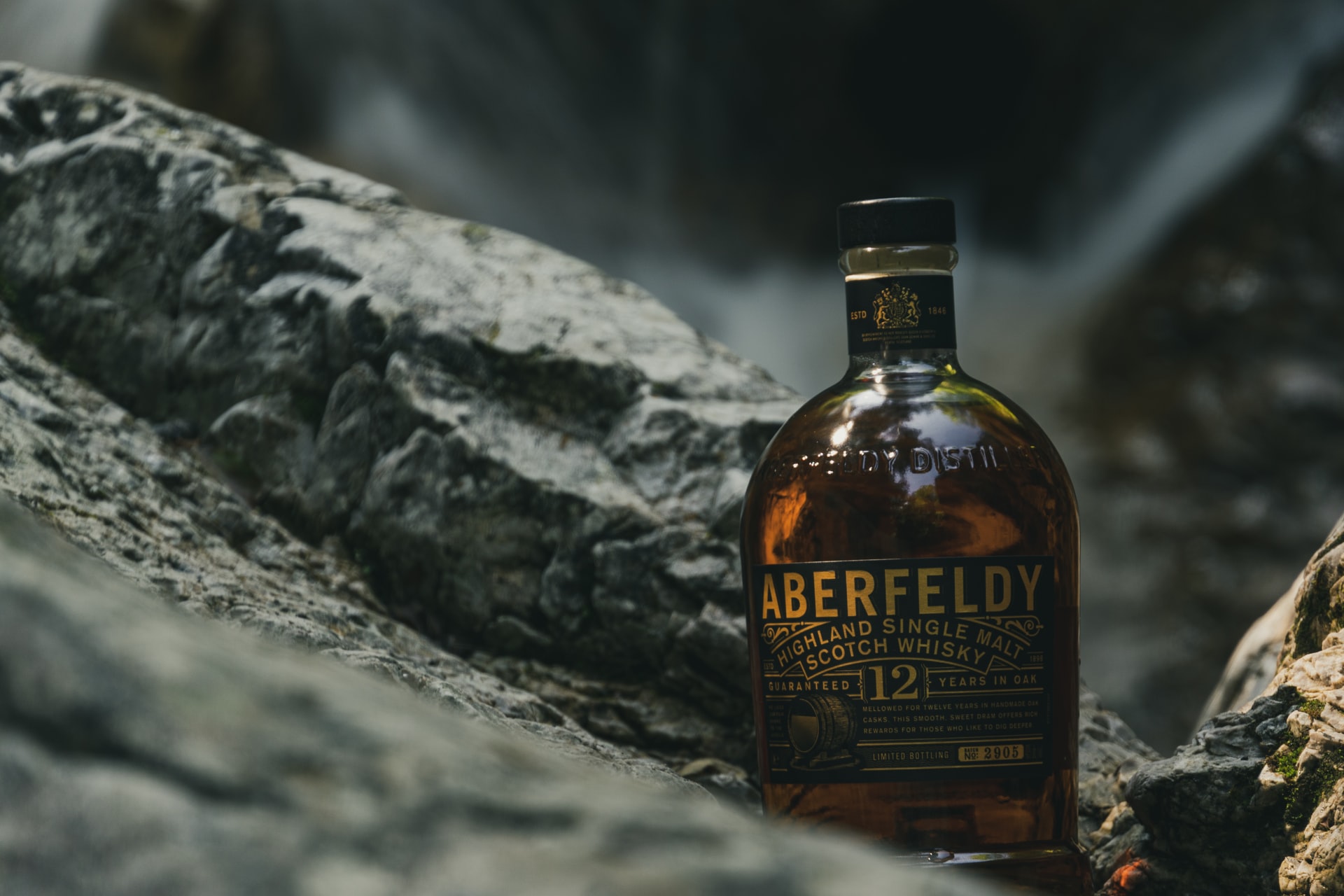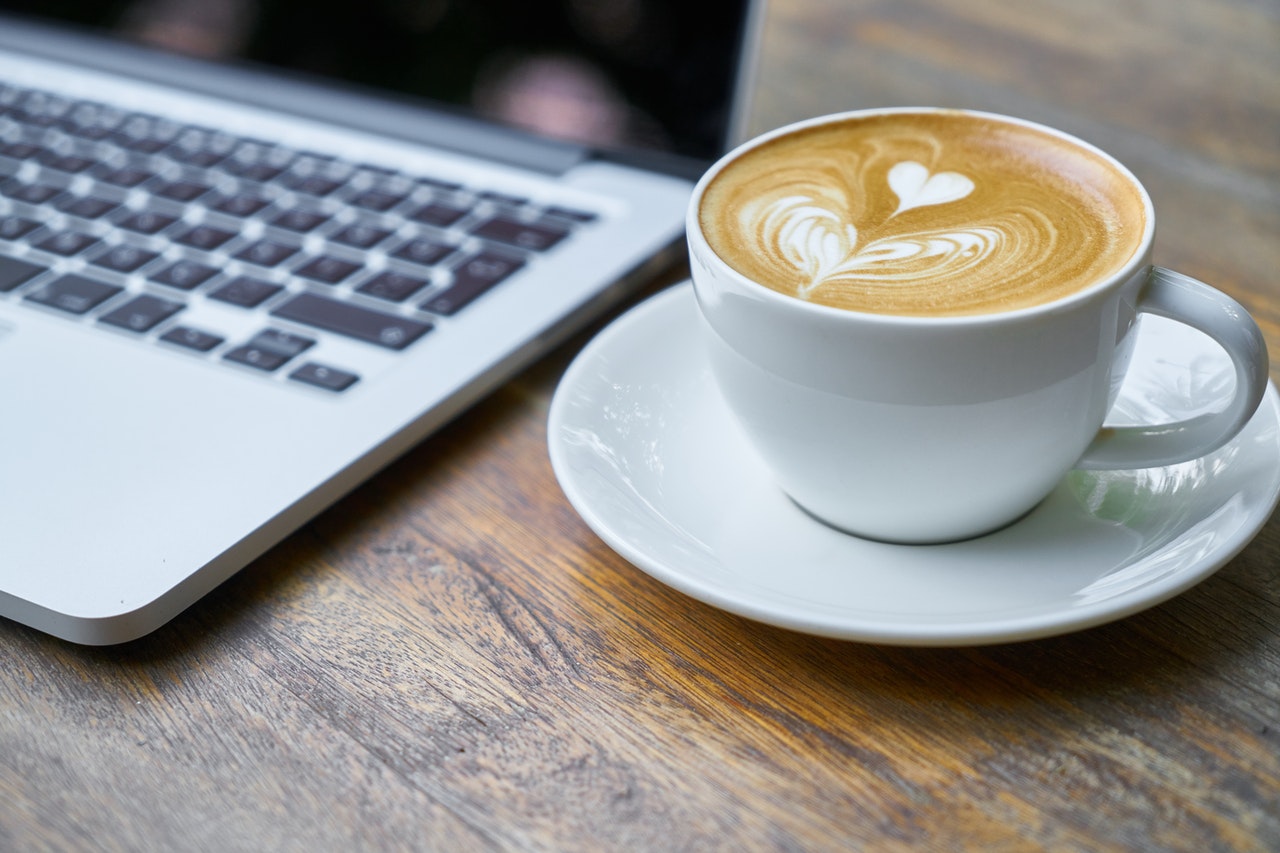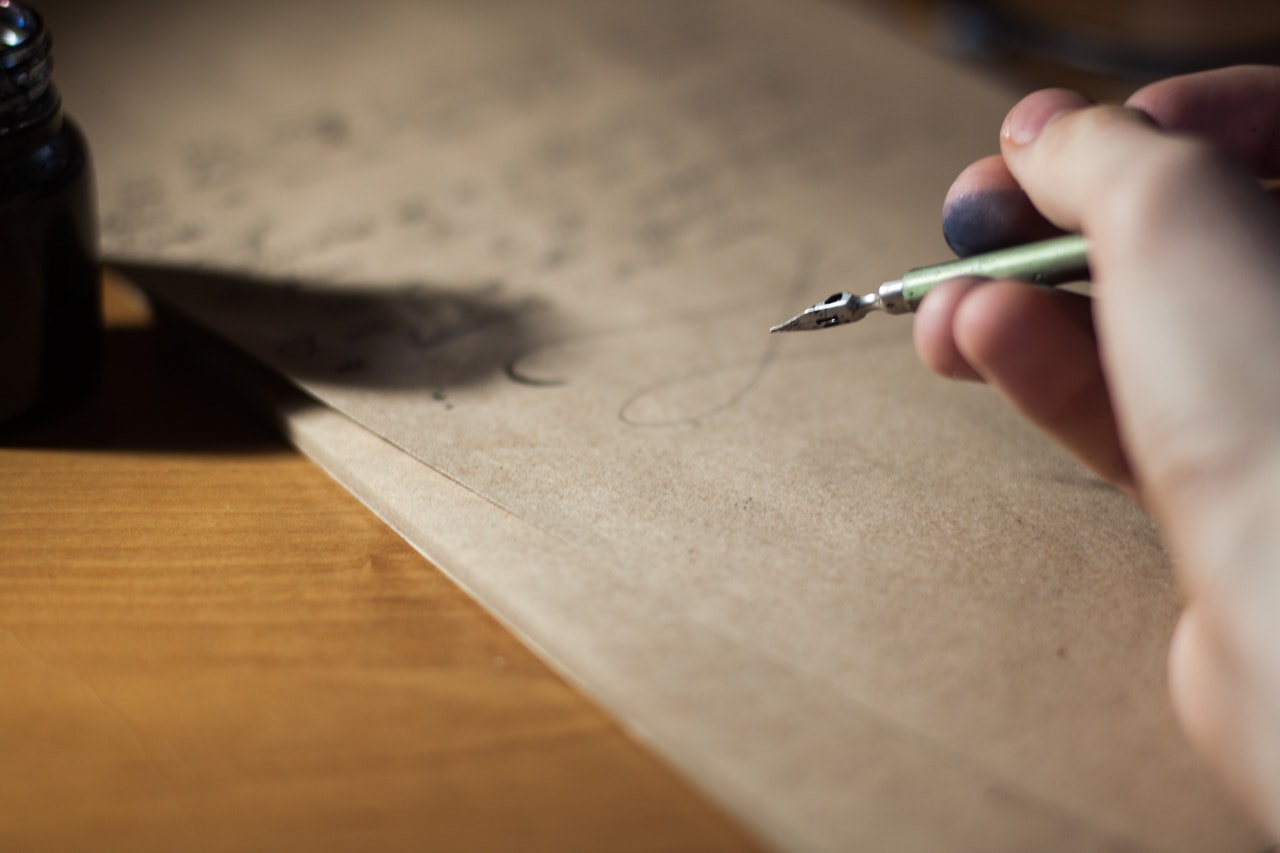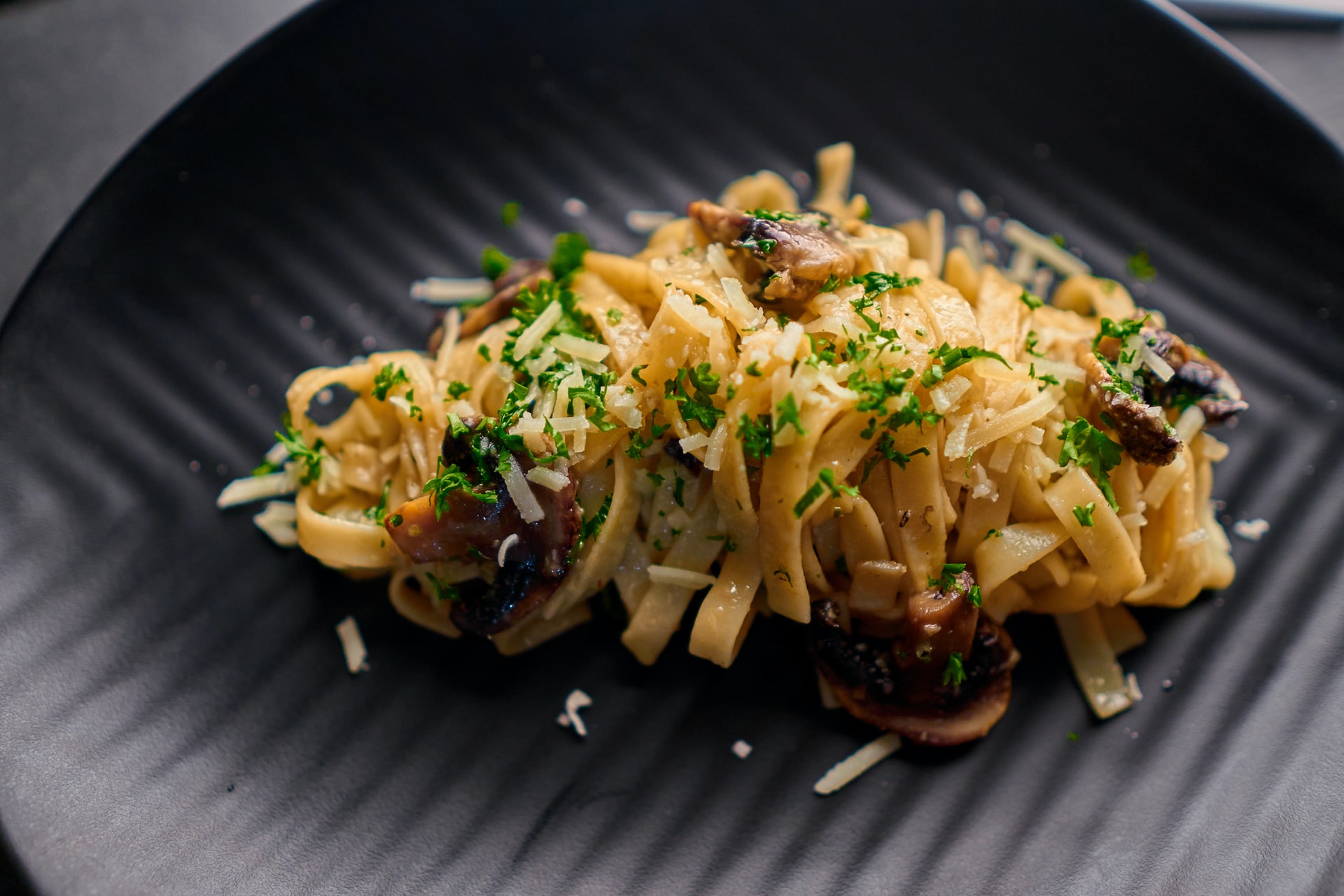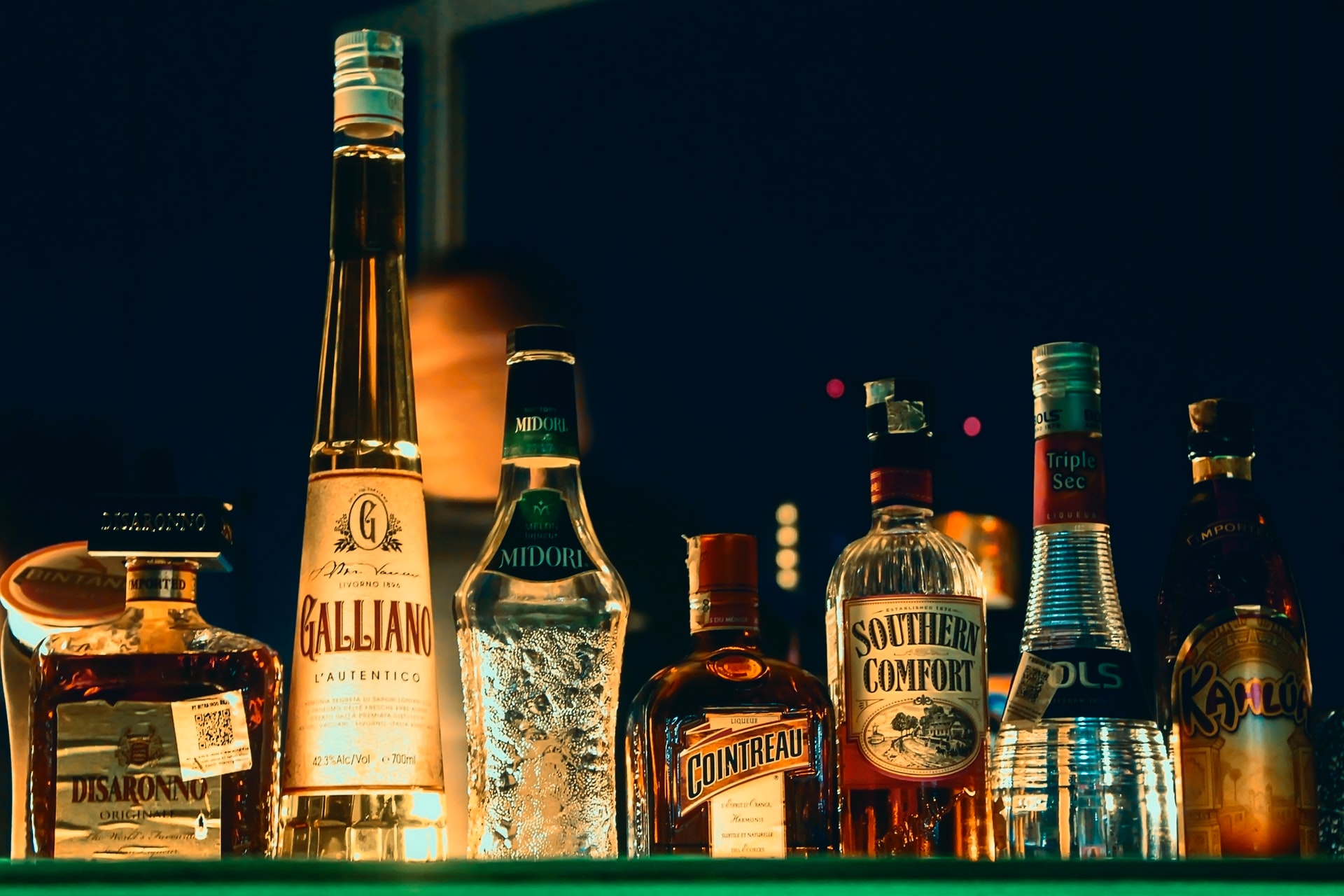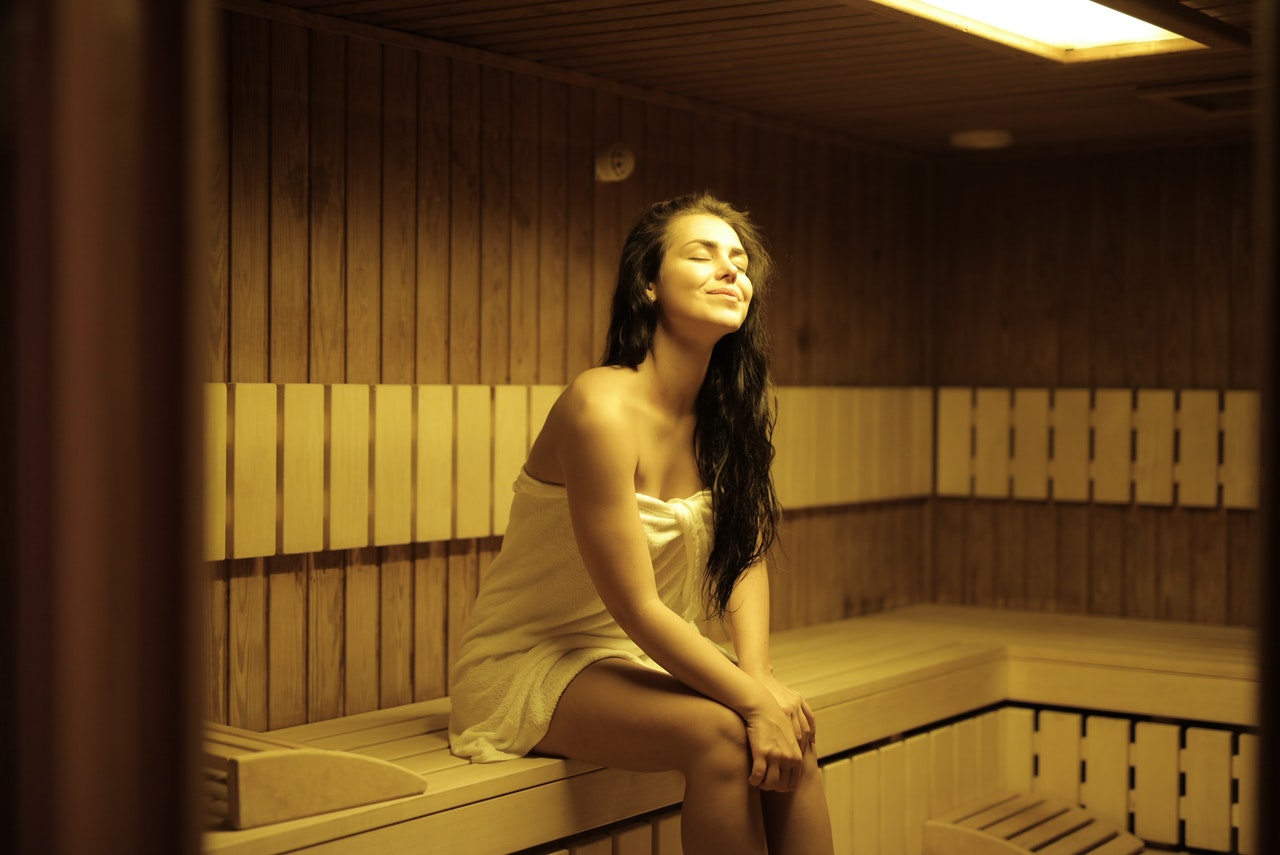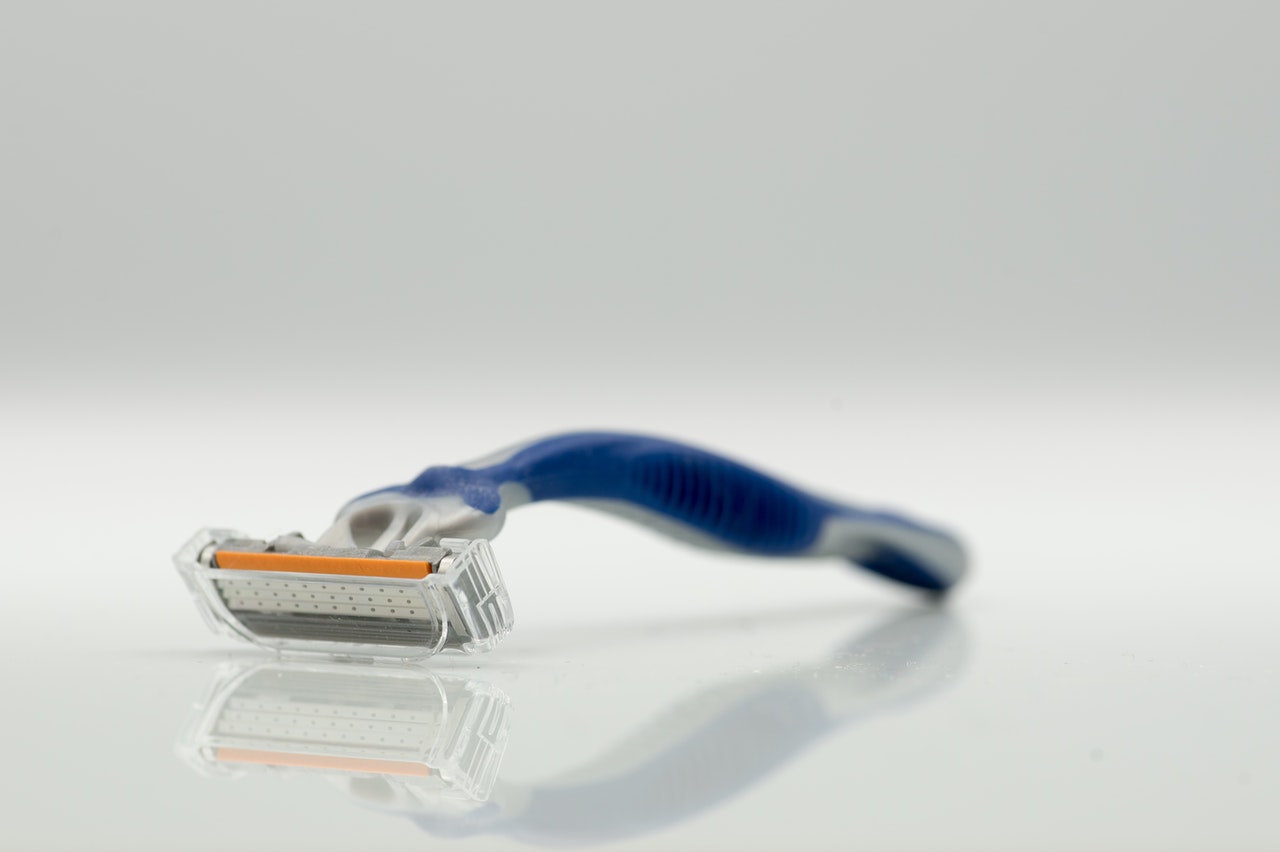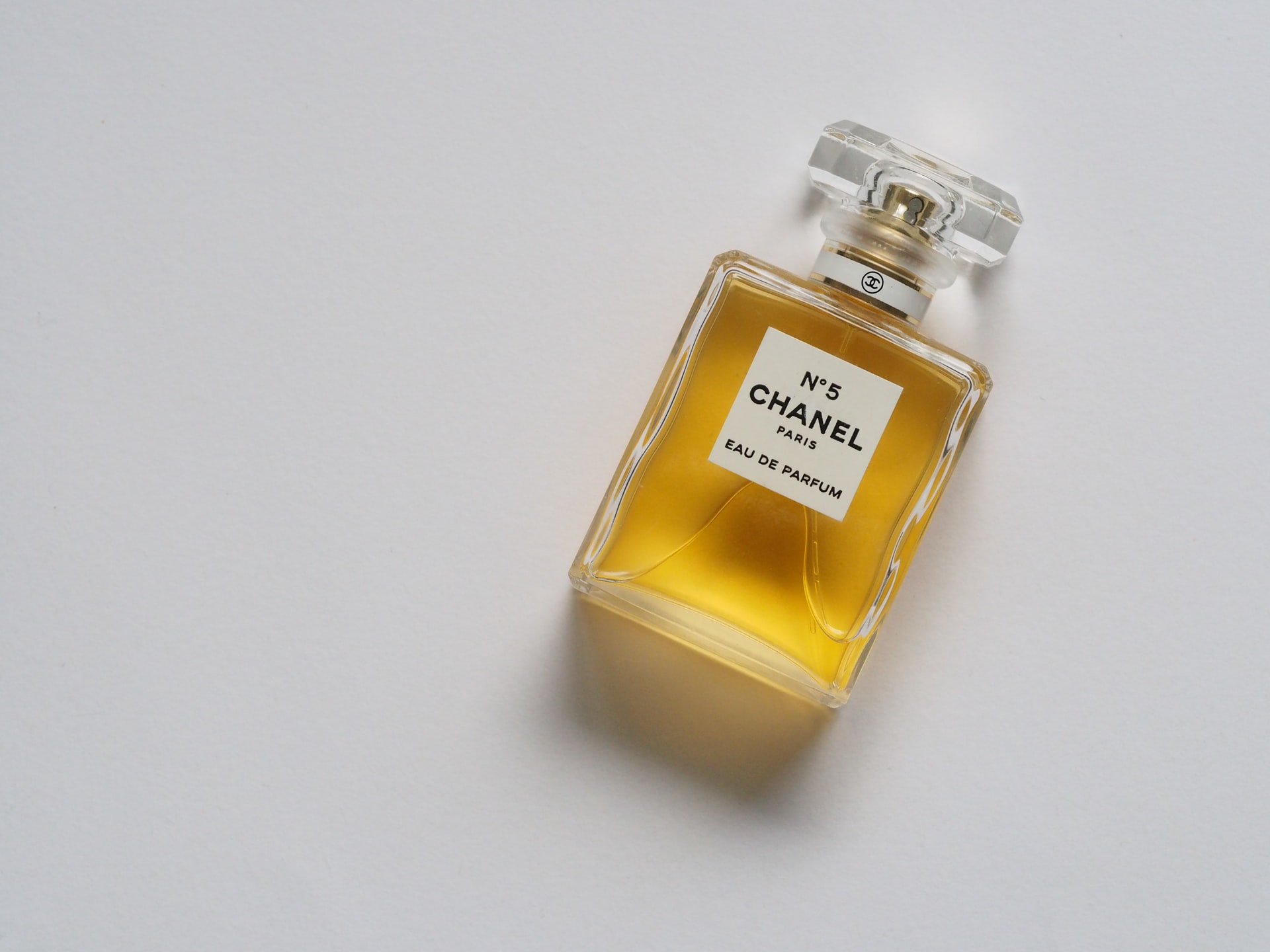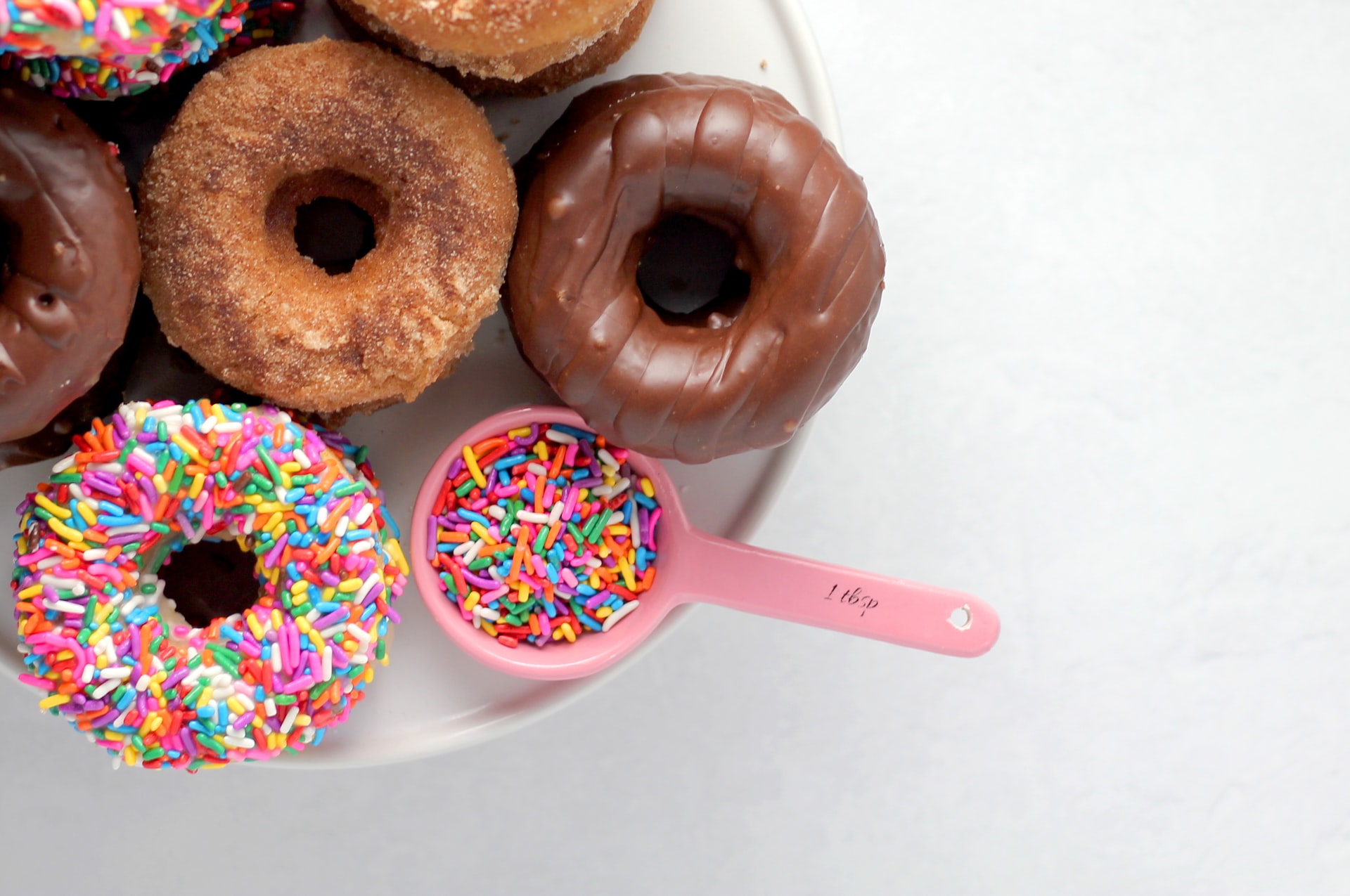Reading Time: 2 minutes
- Factor 1: Low yield (tonnes1000 kg. of grapes per hectare107,639 square feet.) of the vineyard.
- A grapevine contains both leaves and grapes, and it is the leaves that collect sunlight to produce carbohydrates (photosynthesis), which then get transferred to grapes leading to the accumulation of sugars, flavour compounds, and tannins.
- Now compare a vine X (100 leaves & 100 grapes) to a vine Y (100 leaves & 10 grapes) — all other factors being equal, grapes of vine Y will have better flavour, sugars, etc., because the energy of 10 leaves will go into preparing one grape.
- To achieve a good leaf to grape ratio, many winemakers use fruit-thinning (a process to remove excess fruit to improve wine quality), which increases the cost because of the labour involved in fruit-thinning and lower amounts of wine per hectare.
- Factor 2: Method of harvesting.
- Handpicking (labour-intensive) is more expensive than machine harvesting — handpicking means only the best quality fruit is picked.
- Factor 3: Free-run juice means lower quantities.
- Free-run juice refers to the juice that runs freely from the harvested grapes as their skins split under their own weight.
- This is considered to be high-quality because it has the least amount of contact with bitter elements in the seeds, skins and stems, which get mixed up in manual/mechanical pressing.
- Factor 4: Single vineyard.
- Wine can be made from grapes sourced from different vineyards or grapes sourced from a single vineyard (legally-defined boundaries); Single Vineyard wine uses at least 95% of the fruit from one vineyard, and so, it is scarce and expensive.
- Factor 5: Oak barrels are expensive (can cost between $900 to $2000 and can be used only up to 8 times)
- Oak adds flavour to the wine (vanilla, etc.) & exposes wine to oxygen, which makes wine smoother and reduces its intensity — the more you age wine, the higher the positive impact.
- But since oxygen permeates through barrels, some wine evaporates (up to 2% every year — this is called angel’s share) and so ageing also reduces the quantity, making aged-wine dearer.
- Some cheap wines get stored in steel barrels — they are inexpensive, air-tight, can last much longer, but don’t do much to the wine.
- Factor 6: Terroir — the physical environment adds to the flavour.
- Terroir is a French term that suggests that wine is chiefly a product of the physical environment (the soil, the microclimate) in which the grapes are grown and when the right grape is matched to the right soil, it produces great wine.
Also Read:
Why is Single Malt Scotch a big deal?
How and why the French wine became so special?
Image courtesy of Apolo Photographer through Unsplash
Reference shelf :

